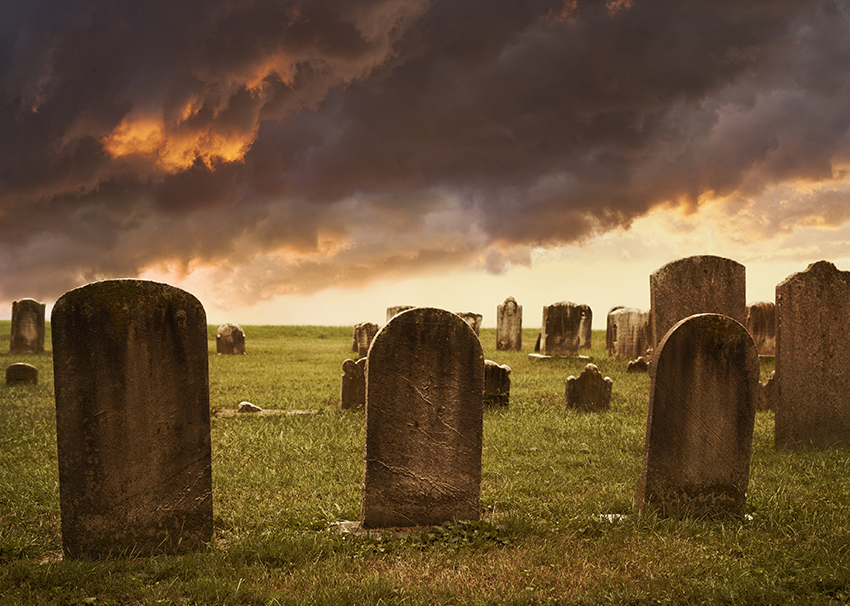Jesus Loves You/God Loves You: A phrase used interchangeably by many believers, often expressed with the sentiment that God adores you and will always embrace you, with the emphasis that this is unconditional in nature
I heard this all the time in youth group (along with the classic WWJD). This phrase became the basis for many contemporary Christian music hits (including Sanctus Real's "Jesus Loves You"). More often than not when I see a "christian" protestor being ridiculed, the protester will quietly say "God loves you" (as if it were a pleasant way of saying goodbye to someone who just threw a sugary beverage at them and their sign). I hear this phrase so much nowadays that I believe we as Christians have become desensitized to its true meaning and weight.
When it comes to saying "Jesus loves you/God loves you"...Christians should be CAREFUL how they use this phrase!
We as believers should always be careful, when we are stating something about God, because if we proclaim something false then we are being false preachers (yes, out of ignorance, but we are still being false witnesses). Now, we don't have to be fools about what we say about God, because we can read about Him in the words that came straight from His mouth. This is why we need to do "[our] best to present [ourselves] to God as [men and women] approved, [workers] who [do] not need to be ashamed and who correctly [handle] the word of truth" (2 Timothy 2:15). Let's not speak on God's behalf, unless we're sure of what we are saying. Speaking false news about God is such an offense to Him, that Paul writes that "even if we or an angel from heaven should preach a gospel other than the one [Paul and the apostles] preached... let them be under God’s curse!" (Galatians 1:8). Yikes!
So, let's look back at this old bumper sticker here, and take a look at its accuracy and meaning. When you look at the phrase "God loves you," it appears to have a universal nature to it (you could say it to everyone and anyone in any situation). So, the question this should raise is, "Does God love everyone?" Let's not be fools and take this for granted, but let's closely examine Scripture in order to answer this (often assumed) conundrum. (I'll tell you right now, what I found in Scripture concering this phrase shocked me too.)
In order to efficiently answer the question of, "Does God love everyone?" all we have to do is look for any Biblical verses that would say otherwise (in even the smallest sense). If God loves everyone all the time always, then we shouldn't find any verses in the Bible that contradict this, because to say "God loves everyone" is a universal statement, and universal statements are always true by nature.
Well, with one quick look at (pretty much) any book in the Bible it is clear that there are some things that God does not love. In fact, He hates them! In the book of Proverbs it reads "There are six things the Lord hates, seven that are detestable to him: haughty eyes, a lying tongue, hands that shed innocent blood, a heart that devises wicked schemes, feet that are quick to rush into evil, a false witness who pours out lies and a person who stirs up conflict in the community" (6:16-19). True, this verse begins with addressing sins (as if the sinful acts are seperate from the individual who commits them), but the verse slowly and rather poetically begins to talk about the body parts that commit these sins, and then it mentions the hearts and minds that persist in these sins, until finally it concludes with addressing the whole person who practices these sins. What we can see from this verse alone, is that there are several sins which God hates, and we can also see that God does not make much distinction between the sin and the person who commits the sin (He appears to hate the sin and the sinner). The relationship between the wicked that we do is nearly synonomous with who we are by our own sinful natures in the eyes of God. R.C. Sproul stated it well, when he said, "He doesn't [just] send the sin to Hell, He sends the sinner there, and so this is very dangerous stuff when we tell people that God loves you unconditionally." Yikes!
So, we know now that "The LORD examines the righteous, but the wicked, those who love violence, He hates with a passion" (Psalm 11:5). Now, in light of all this, another question is raised, "If God hates a person and their sin synonomously, then does God love anyone?" The answer, surprisingly, is that God loves everyone. How is this possible, and where do we see the proof of this in Scripture? We primarily see this in the New Testament, where Paul describes over and over again God's most perfect act of love for everyone. In one of his letters, Paul writes that "God demonstrates His own love for us in this: While we were still sinners, Christ died for us" (Romans 5:8). Our God is so loving that He demonstrated His perfect love for the sinners that He hates (and who also hate Him). God gave up His one and only Son for the nations full of haughty eyes, lying tongues and people who stir up conflict in a community. He gave His Son so we could devise a wicked scheme to have our hands shed His innocent blood, because we are quick to rush into evil, and we killed the innocent Son of Man not knowing what we were doing. When we think of what sin we have done, we should look at ourselves and say, "Yikes!"
When I address this particularly aspect of the passion of Jesus Christ, I am often reminded of a lyric from Stuart Townend's hymn "How Deep the Father's Love for Us."
Behold the man upon a cross,
My sin upon His shoulders;
Ashamed, I hear my mocking voice
Call out among the scoffers.
It was my sin that held Him there
Until it was accomplished;
His dying breath has brought me life –
I know that it is finished.
- Stuart Townend
God the Creator of everything gave everything He had, so that we, the sinful hated haters of God, could be with Him in Heaven forever. Because of the cross, and the debt Jesus paid for our wretchedness, we now know our deaths are not the end of our lives. If we believe in who Jesus is and what He has done for us, we will be saved from our sinful selves and we will be with Christ in His eternal glory. (This is wild! This is amazing grace!) Before Christ bought us back from our debt of sin, we were "separate from Christ, excluded from citizenship...without hope and without God in the world. But now in Christ Jesus [us] who once were far away have been brought near by the blood of Christ" (Ephesians 2:13). There is now no divide that can seperate us from Christ's love and no wicked sin we can commit that can keep us from His grace.
Now, based on how Jesus has demonstrated His love for us, some of us might respond in this way, "Wait a minute! If God hates us but He loves us enough to send His Son as a sacrifice for us, that's contradictory!" If the truth be known, it's not. God hates our old sinful selves (He hates them with a passion), but He still demonstrates His love for us. God demonstrates His love, because "God is love" (1 John 7:8). He loves to show His love, and He'll show it to anyone and everyone. For "this is how God showed His love among us: He sent His one and only Son into the world that we might live through Him. This is love: not that we loved God, but that He loved us and sent His Son as an atoning sacrifice for our sins" (1 John 7:9-10).
We are born sinners, but when we put our faith in Jesus Christ as our Lord and savior, we are born again and become new creations. When we become children of God, we "put off [our] old self, which is being corrupted by its deceitful desires; to be made new in the attitude of [our] minds; and to put on the new self, created to be like God in true righteousness and holiness" (Ephesians 4:22-24). Paul states all of this more clearly this way, "If anyone is in Christ, the new creation has come: The old has gone, the new is here! All this is from God, who reconciled us [restored our relationship] to Himself through Christ and gave us the ministry of reconciliation [to proclaim that anyone can have their relationship with God restored]: that God was reconciling the world to Himself in Christ, not counting people’s sins against them. And He has committed to us the message of reconciliation" (2 Corinthians 5:17-19). When we are reconciled to God in Christ, God no longer looks at us and sees our sinful hateful selves. He sees the perfection of His Son and all of our debts are paid and gone.
In sumnation: God hates us because we are wicked and detestable sinners, but God gave His Son to live a perfect life and to die in our place and take upon Himself the hate of God in order to pay for our wicked sins, so that now when God the Father looks down upon those who believe in Him and His Son, He does not see the sinful us that He hates but He sees the blood of His Son upon us and that blood has won us back to be with Him forever in eternal paradise. This is powerful stuff. This is the Gospel. Let's be careful how we proclaim this, because there is power in the words, "Jesus loves you."
Sources














